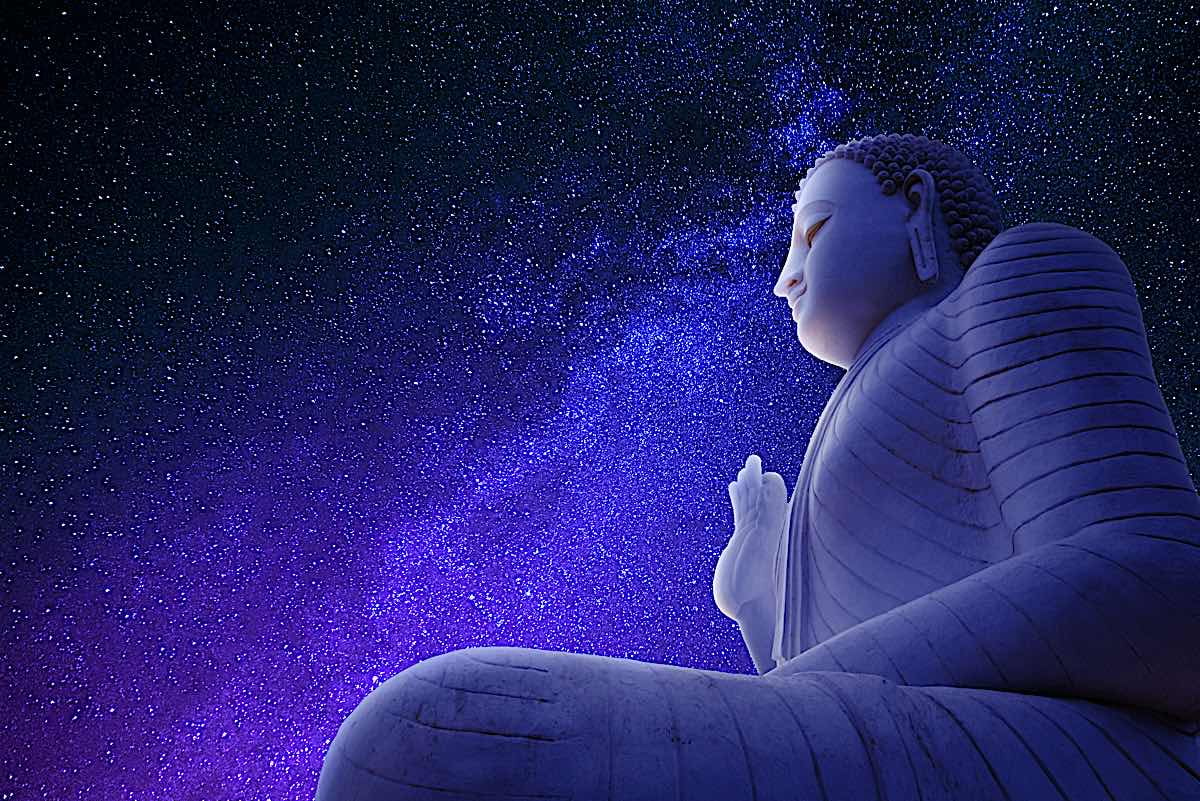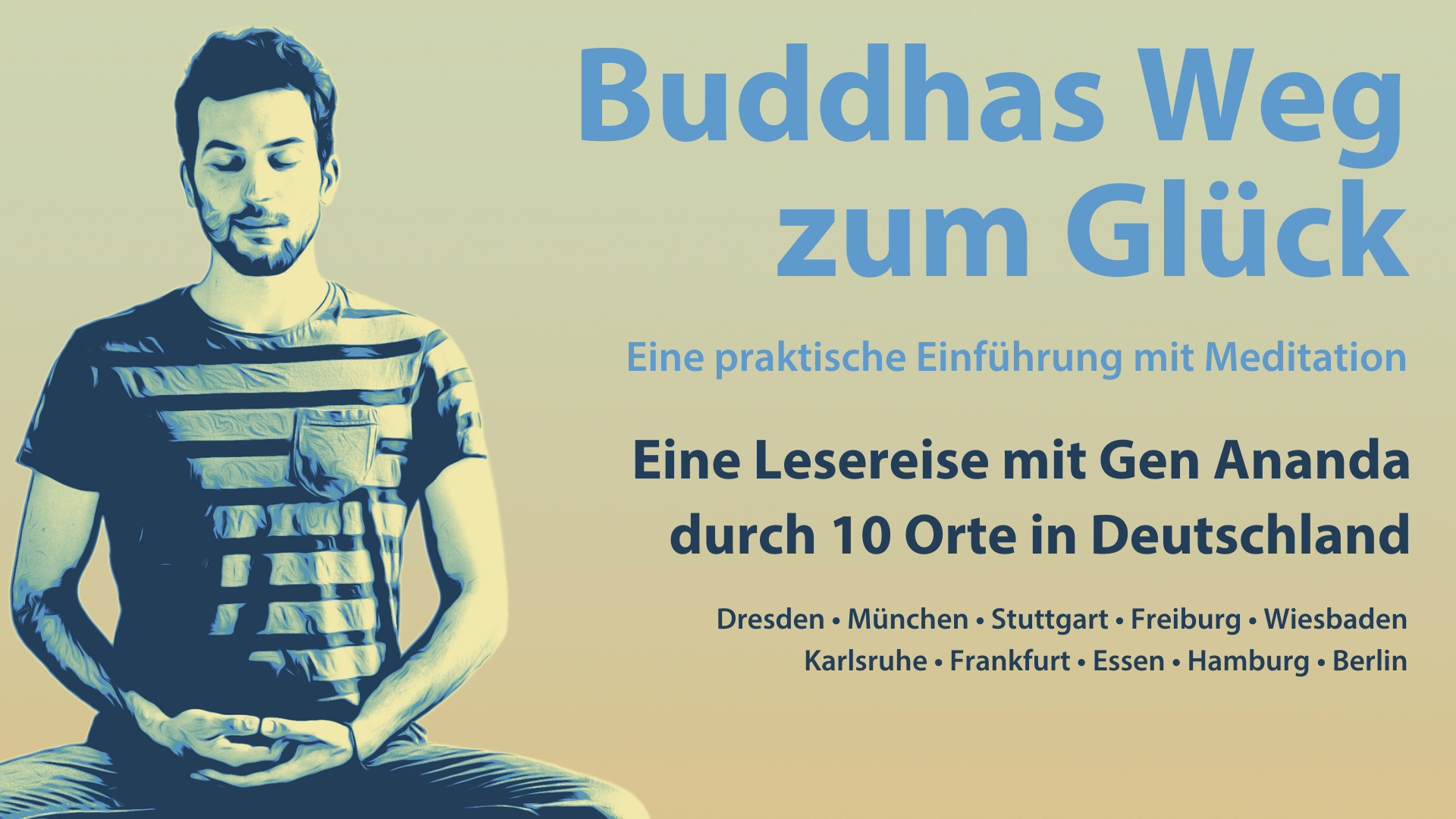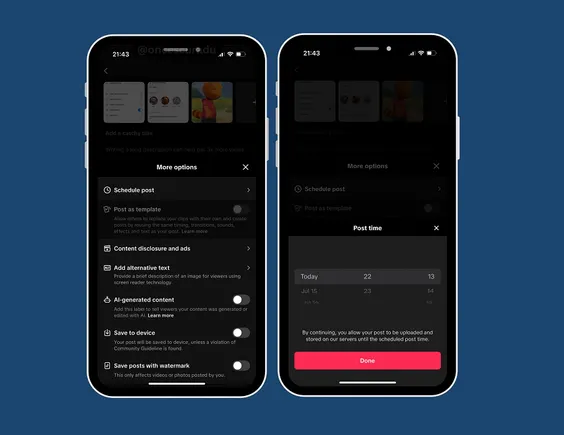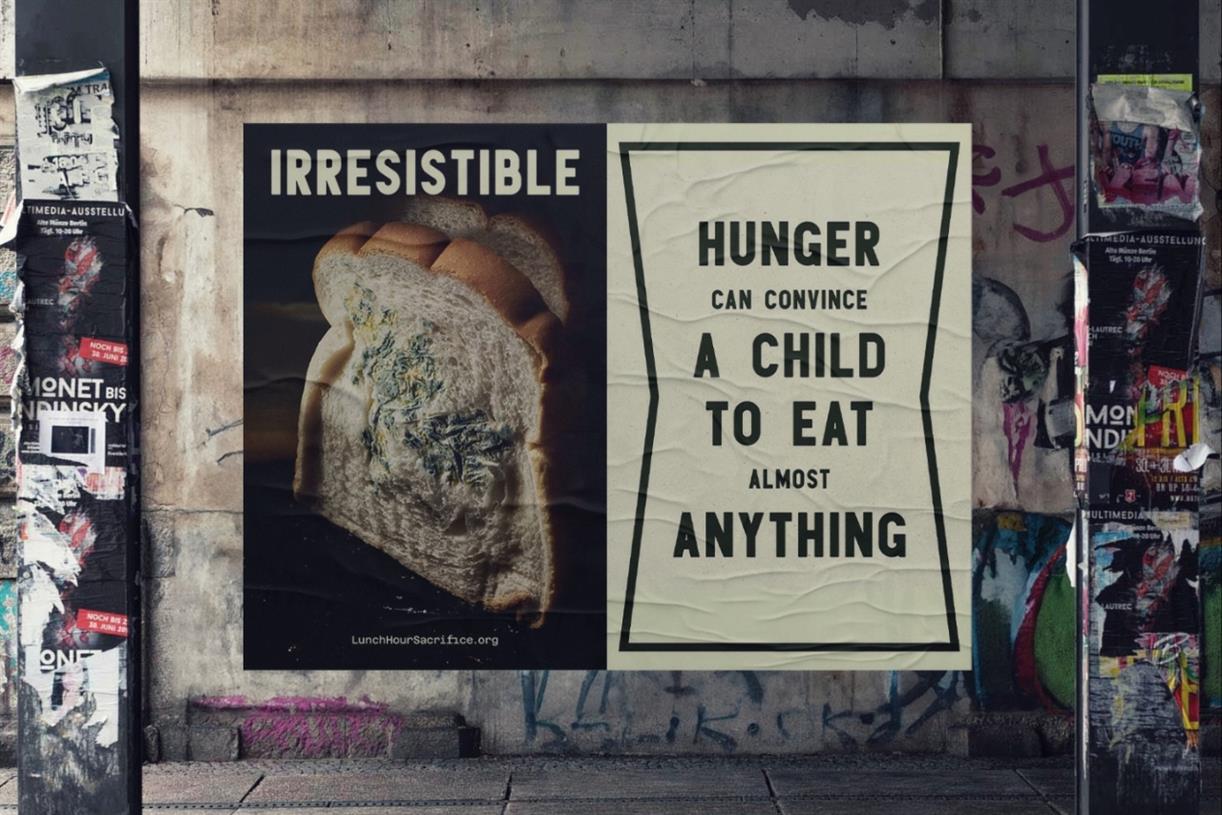Everyone Wants to Be Loved
Scholar-translator Adele Tomlin discusses love, bliss, and relationships from a Buddhist perspective The post Everyone Wants to Be Loved appeared first on Tricycle: The Buddhist Review.
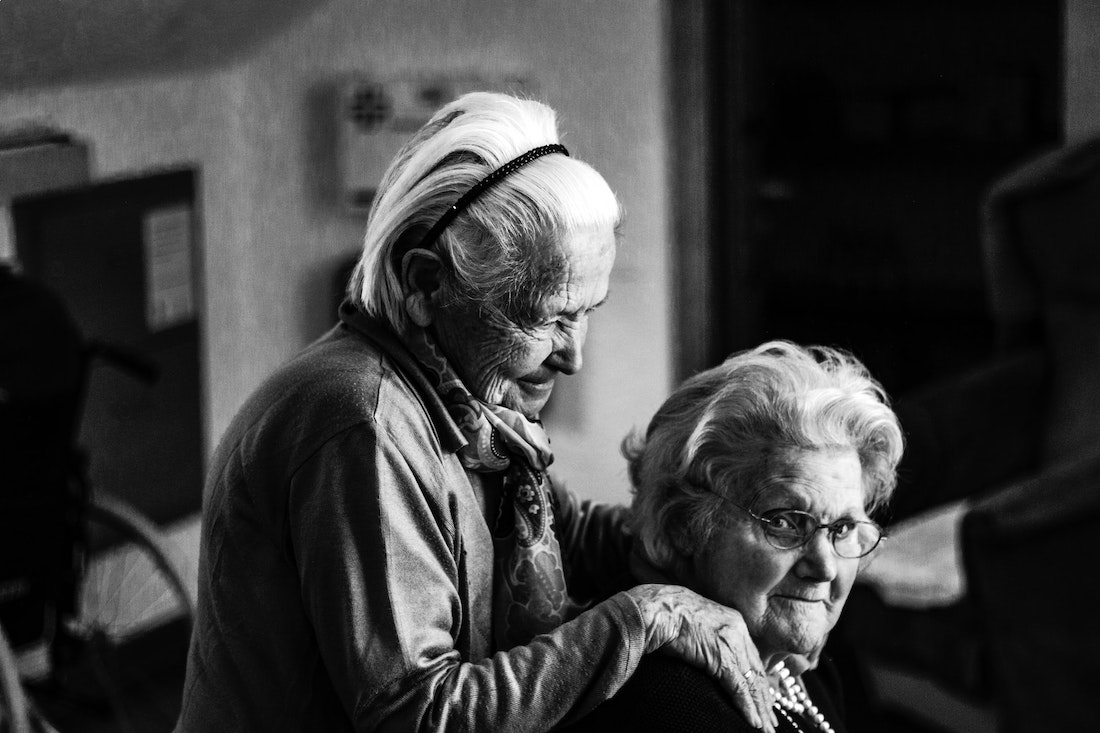
Adele Tomlin, author, scholar, translator, Vajrayana practitioner, and founder of Dakini Translations and Publications, discusses Buddhist love and bliss in this short excerpt from Olivia Clementine’s podcast Love & Liberation, which hosts in-depth conversations on spirituality, ecology, and relationships. Listen to the full episode, “Adele Tomlin: The Inner Level of Tantric Union, Celibacy, Bliss & Love,” here.
***
Olivia Clementine: I’d love to get into the topic of love. What is love from a Buddhist or tantric perspective?
Adele Tomlin: Everyone wants to be loved, right? From the Buddhist perspective, there’s not one sentient being who does not want to feel loved in some way. Maybe the word bliss might be more suitable, but we all want some kind of satisfaction. A lot of that satisfaction, particularly in human relationships, but also with animals, comes from feeling loved, or from loving as well.
What is the difference between ordinary love and Buddhist or tantric love? First, what is love? This is a question that musicians and artists have long grappled with. In the Buddhist view, it’s simple. It’s wanting other people to be genuinely happy. Often when we talk about the word “happy,” we feel like it is doing nice things and feeling good. It is connected to that, but happiness in the Buddhist context is not a worldly kind of pleasure or feeling good. Getting a massage feels good, but it’s not what is going to make us happy, in the long term. It feels great, but that feeling wears off, right? It’s the same with our relationships and everything that we do for those sorts of happy feelings. We all know it doesn’t last.
In a Buddhist context, love is wanting other people to be happy, wishing them that kind of love. But it’s also understanding that what we normally might think of as happiness is not what most people associate with happiness. So, if I’m trying to be a Buddhist practitioner and develop love, what I want to do is think, “I really wish that person, or those people, or those beings will attain real, long-lasting happiness.” What you are wishing them, from the Buddhist perspective, is liberation from samsara, liberation from suffering.
However, love from a Buddhist perspective, or a practitioner’s even, might sometimes seem like it’s not love. From a worldly perspective, people might see a Buddhist doing or saying things that look like aversion or anger, but those actions can be loving if done for beneficial purposes. Sometimes, immature beings, just like children, don’t listen. They put themselves in all sorts of dangerous and risky situations. At those times, there comes a point where, out of love, the method of instruction has to be a bit rougher or harsher. To unknowing eyes, they might look at that and think, “well that doesn’t look very loving.”
Our worldly notion of love is often self-centered. We look at love from the perspective of what we can get from a person. How do they make me feel? Do they make me feel happy or not? We all habitually do this, including me. This is why we suffer in relationships. When we only selfishly want someone to make us feel good, and then suddenly they don’t, we feel like we don’t love them anymore, right? That is the difficulty. From the Buddhist view, that is why relationships and our romantic relationships generally don’t last.
When our relationships with our family, children, or whoever, become difficult, it is often because–and people don’t want to hear this–we don’t actually love. We don’t love people as much as we think we do. That can be painful to acknowledge, because we often believe, especially with close family and friends, that we truly do love them. In some ways we do. We do want them to be happy, and we do rejoice when good things happen to them. Yet, those mental states can also be very fragile.
We’ve all thought we had this love for someone before, romantic relationships being the prime example. Then, all of a sudden, something happened, or a friend said or did something that offended us, and all of a sudden, our love for them has completely gone. What that situation showed us was that we didn’t really love them.
Sometimes we underestimate what it takes to love, to be someone that genuinely loves. We think it’s such a light word, thrown around for everything. And yet it’s a journey to learn how to be here for the benefit of somebody else. Were things ever different? Do you think people understood love differently at other times? That’s a good question. I think there is a kind of nostalgia, maybe, for romantic love and that things were better in the past. We can look at the Buddha’s life, look at why he left his family, his wife, and all that wealth and luxury. That was 2,500 years ago. What we learn from the stories of the Buddha is that, no, things were not necessarily better. The issues regarding attachment, suffering, and conditional love connected to relationships, are very much present in the past as well. They’re kind of fundamental to the human condition. What the Buddha showed us is that, unfortunately, all beings, and not just humans, lack a genuine understanding or application of love.
But then he did give the example of the mother. Of course, this is an archetype, and not everyone has a great loving mother, but the archetype is this loving mother. Why? Because she does represent, as close as possible in the human realm, I think, this unconditional love. Someone who wants the best for another being. Someone who does not want them to suffer. So, in answer to your question, I don’t think it necessarily was better in the past. Even though some people might think it is or was.
Bringing it back to the topic of bliss and love, how are bliss and love different? I think they are closely connected. Particularly when we are truly in a place of love and sincerely rejoicing. Love and rejoicing are also closely connected. When you love other beings, you rejoice when they are happy, when good things happen to them, when they move closer to liberation, and so on.
That kind of rejoicing, that kind of joy, that kind of loving state, is in itself a way to connect with the ultimate nature, which is referred to as bliss or being in union with emptiness. Bliss contains those qualities of love, joy, and compassion—all of those beautiful mental qualities of buddhanature—but without any dualistic egoism. In a way, maybe that’s how it’s different from love: rather than a dualistic notion of love, it’s more about just being love.
⧫
In this 5-minute video, “What Is Love?”, Tomlin further explains the Buddhist view of love, attachment, and equanimity in relationships.

 BigThink
BigThink 











